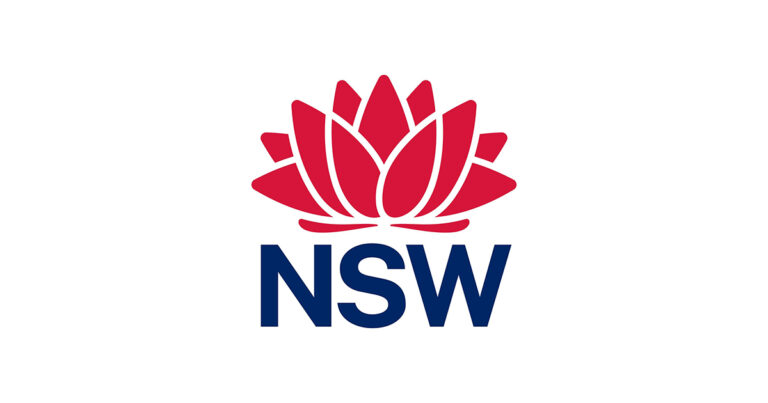
About one in six working adults in the U.S. battle a substance use disorder, and nearly 10% of U.S. employees have a cannabis or stimulant use disorder.
Recognizing this, Carrum Health has expanded its substance use disorder treatment program to include cannabis, sedatives and stimulants, the company announced on Wednesday. It previously only covered opioids and alcohol. The company offers a value-based specialty care Centers of Excellence solution for self-insured employers.
Carrum’s support for cannabis, sedative and stimulant use is based on its framework for opioid and alcohol use. When a member seeks support, they start with an intake process with a licensed counselor, who then connects them to the right provider for care, which may include inpatient detox, residential treatment, intensive outpatient or partial hospitalization. Carrum’s network of substance use providers includes Hazelden Betty Ford, Recovery Centers of America and The Meadows Behavioral Healthcare.
The providers are in value-based arrangements, in which they are paid based on achieving outcomes like sobriety or reduction in substance use.
“It’s usually the high-quality providers that are willing to say, ‘Yes, I’m willing to take a different payment model, where I don’t have to deal with the pain of you nickeling and diming me and asking me to discharge patients sooner than I think is wise and I’m willing to take on risk in exchange.’ That’s a big deal,” said Christoph Dankert, Carrum Health’s chief network officer. “If you’re a substance use provider, and if a patient has to come back for treatment because it didn’t quite work out, most of this is on you. It’s a big step, and I think this wouldn’t work if there weren’t providers out there that were so committed to their clinical mission.”
Carrum Health started with alcohol and opioids since these substances account for the majority of people affected by substance use disorders. The company chose to expand its program after hearing a need from its clients.
“We want to serve all patients that come to us with a substance use problem,” Dankert said. “It was really painful for us when we had patients [who] finally decided to come forward and take the next step and say, ‘I have a cannabis issue,’ and we can’t help them. It breaks your heart. So we basically said, we want to have our processes running smoothly, everything figured out for alcohol and opioids. And once we hit that milestone, then we said, ‘Okay, now we’re ready.’”
Carrum’s expansion comes amid a 35% increase in THC potency since legalization and a 20% year-over-year rise in stimulant prescriptions. At the same time, cocaine and methamphetamine are becoming more lethal due to frequent fentanyl contamination.
To track the success of this expansion, Carrum will follow several key metrics, according to Dankert. This includes how many patients come to the company for support, the substance they have an issue with, how quickly treatment starts and how effective that treatment is.
In launching the expanded program, Carrum ultimately aims to be able to serve “any patient that comes in the door with a substance use problem,” Dankert stated.
“Now that we have this full coverage, it’s also then [about], how do you reach those patients that have not yet made the commitment to move forward? How do you encourage those people? How do you educate those people on those benefits? I think that’s the next logical step,” he stated.
Carrum also recently announced that it has doubled the number of covered lives on its platform to 6.7 million people, an increase of 3.6 million people from last year.
Other specialty care companies include Lantern and Transcarent.
Photo: Nataliia Nesterenko, Getty Images




